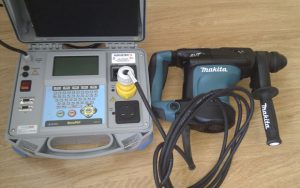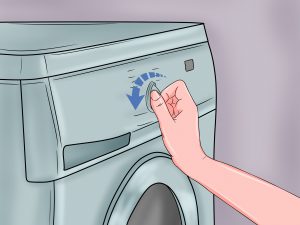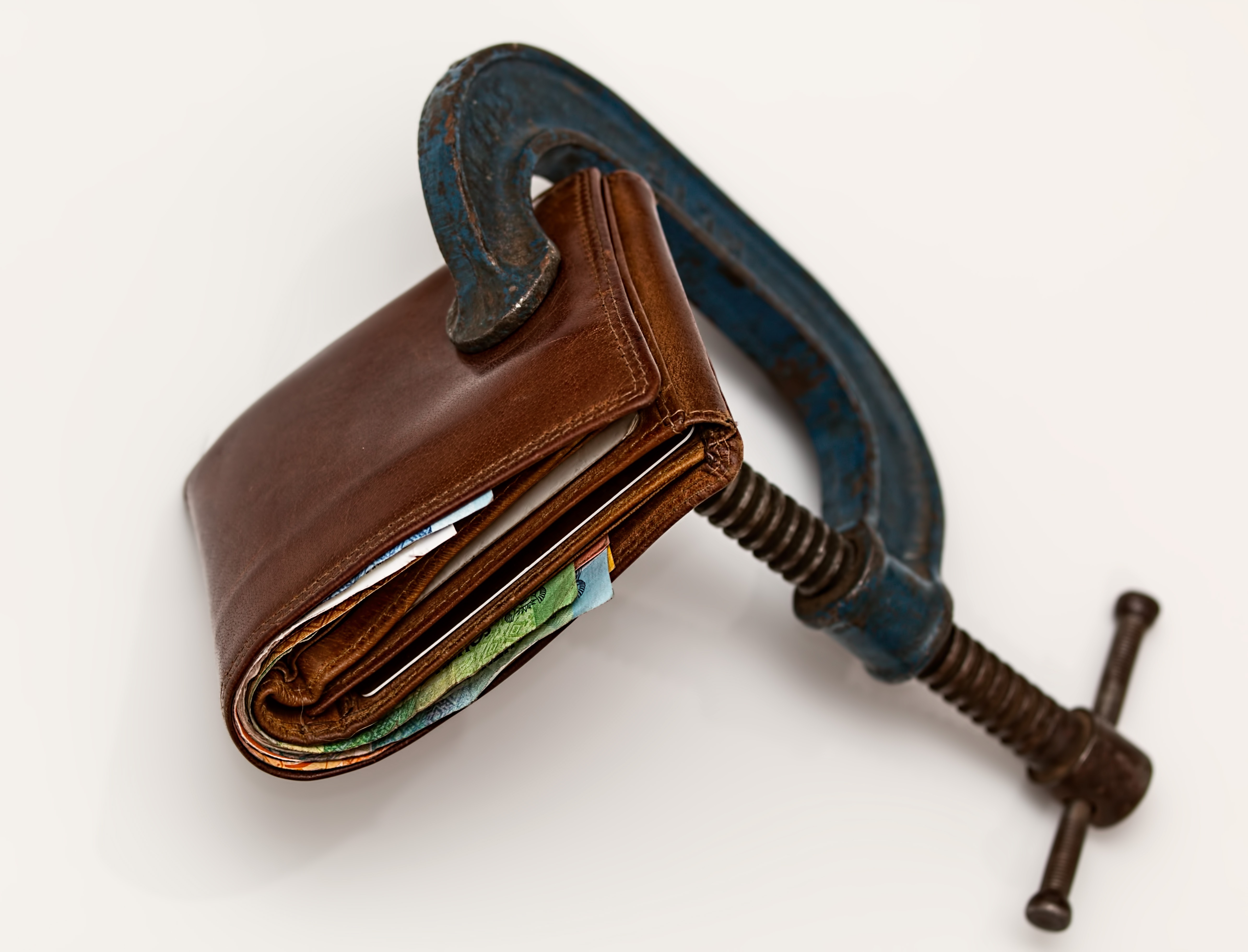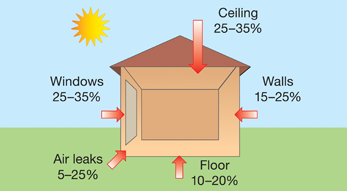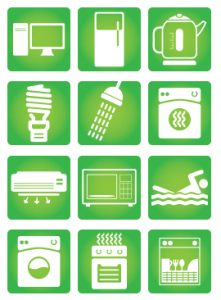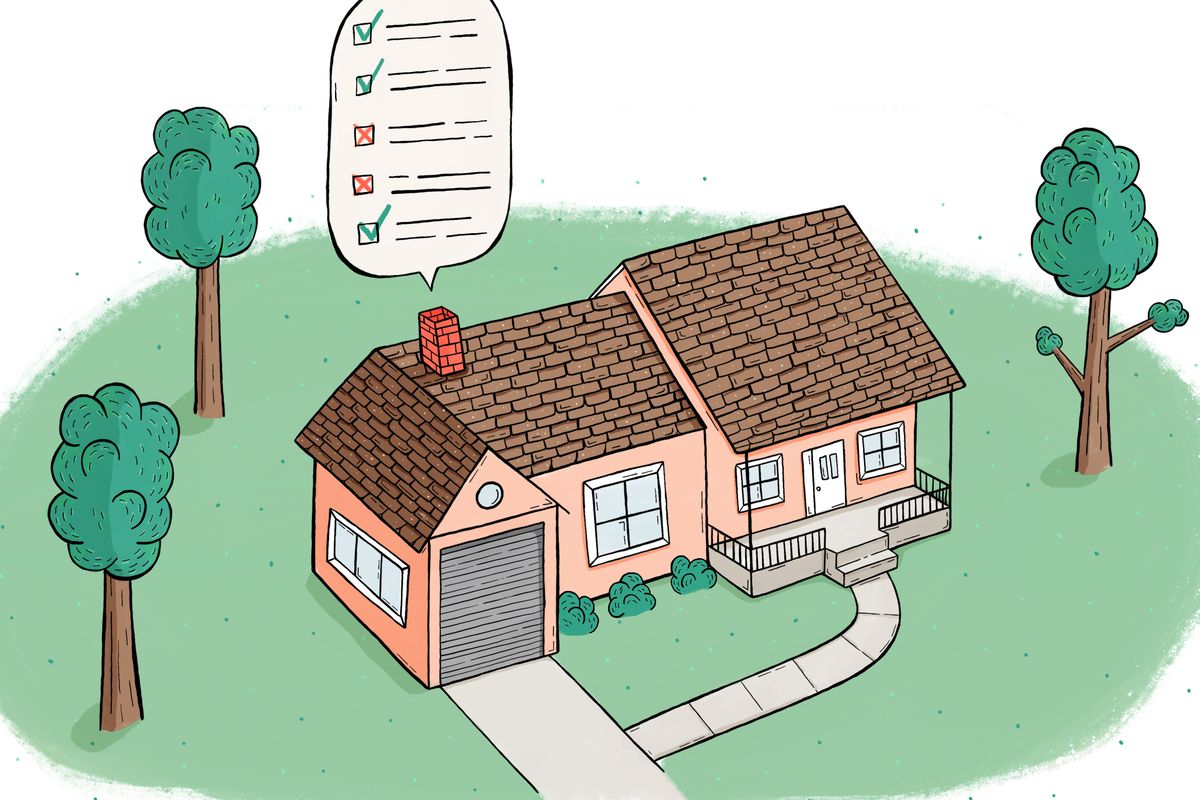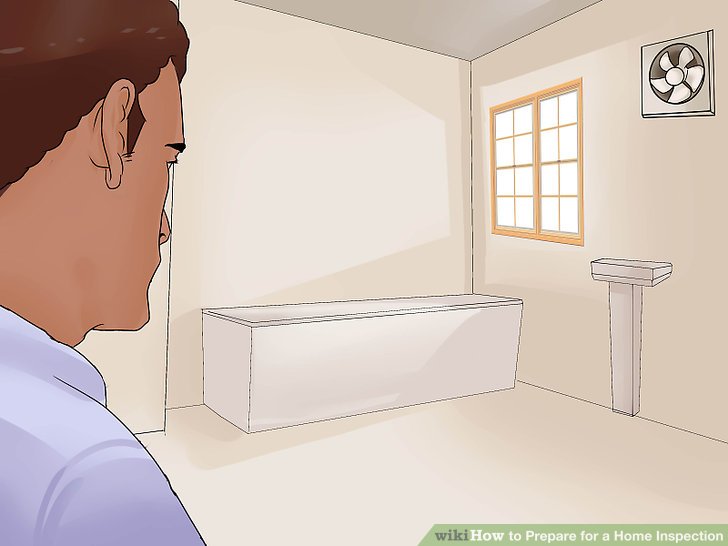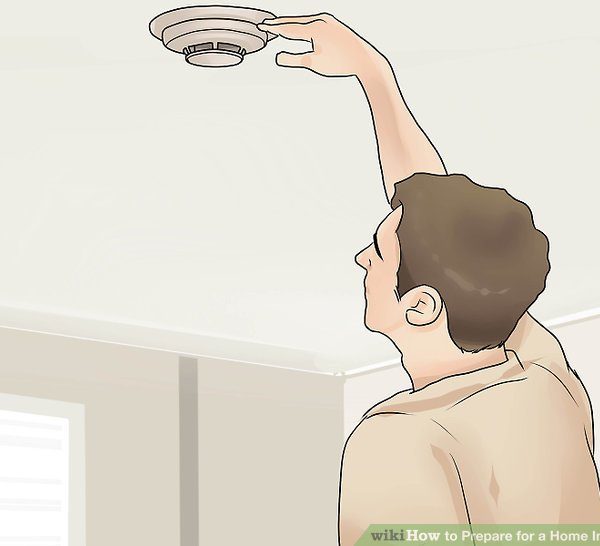Your home, whether it’s a room in a group home, an apartment, or a house, should be comfortable and safe
 A home is a place to relax, play and enjoy spending time with family. However, the home is also the most common place for young children to be injured if safety is not taken seriously.
A home is a place to relax, play and enjoy spending time with family. However, the home is also the most common place for young children to be injured if safety is not taken seriously.
Certainly, accidents will happen from time to time, and there will be minor scrapes and bruises along the way, especially as kids grow and discover new things. And that’s OK. The problem is the more serious injuries that are often completely preventable. Your home, whether it’s a room in a group home, an apartment, or a house, should be a comfortable and safe environment
Identifying common household hazards is part of raising children in a loving, safe environment. Parents can protect children and reduce the odds of unintentional injury by staying aware of major hazards such as:
1. Furniture Tip-Overs
Kids like to climb on your lap, the furniture and anything. Research shows one child dies every three weeks in a TV tip-over incident. Protect little ones by anchoring shelving units and television sets.
2. Button Batteries
More than seven kids are treated every day after swallowing button batteries. When lodged in the oesophagus, these little silver-coloured batteries cause tissue burns that can be fatal. Common items button batteries are found in Wrist Watches, Car remote, Thermometer, Calculator, Remote, Kitchen Scales, Hearing aids, Musical card etc. Look in your home for items that may contain button batteries — electronic devices, key fobs or greeting cards. Whenever possible, select batteries sold in child-resistant safety packaging.
3. Drowning
Almost 30 percent of home-drowning incidents occur when a child falls into a pool or is left alone in the bathtub. To ensure the safety of your kids, never leave kids unattended around water. Drowning can happen in seconds and in just one inch of water. Know what to do in an emergency. By learning first aid or CPR, you could save a life.
4. Driveway Safety
Young children are particularly at risk (especially under six years of age) because:
- They can be impossible to see from inside a car, especially if they are immediately behind it.
- They can move quickly and are unpredictable.
- The rear and side vision from many cars has a large ‘blind spot’ which can easily obscure a child (in some cars this can be more than 15 meters)
- Even if a car has parking sensors or a reversing camera fitted, children may not be noticed until it is too late to stop.
During the school holiday period disruptions to the usual family routines (for example, visitors coming to visit your home) can increase children’s exposure and the risk of a driveway run-over occurring. The basic message, especially for parents of children under six, is always make sure you know where your children are before you reverse out of a driveway.

5. Door and stove barriers
Use a door barrier or a safety gate to keep a young child out of the kitchen, particularly at busy times such as when dinner is being prepared. A safety gate or barrier will allow children to play safely in an adjacent room, and enable you to see what’s happening on the other side.
Door barriers are also an important safety feature for both the top and bottom of stairs. You can buy barriers to fit doorways or open spaces of various sizes.
One of the most dangerous parts of the house is the kitchen. Injuries relating to the stove and oven can be very serious. A stove guard fitted around the hot plates can protect children from serious scald or burn injury caused when pots and pans are pulled down on top of them. Stove knob covers can be purchased to make it difficult for a child to turn a stove or oven on. Alternatively, you may be able to remove the knobs altogether.

Others:
- Safety tap caps – are designed to prevent children from turning on a hot tap (which results in household hot water burns) and can be easily installed without the assistance of a plumber or handyman.
- Keep laundry packets and cleaning supplies up and away
- Give young children your full and undivided attention when they are in the bathtub or around water.
- Check smoke alarm batteries every six months to make sure they are working.
- Keep cribs clear of objects, and make sure babies sleep alone, on their back, and in a crib every time they sleep.
- Install window guards or window stops to keep children from falling out of windows.
- Keep all medicine up and away, even medicine you take every day. Be alert to medicine stored in other locations, like pills in purses, vitamins on counters, and medicine on nightstands.
.
.
.
Sources:
Common Hazards that children at risk













